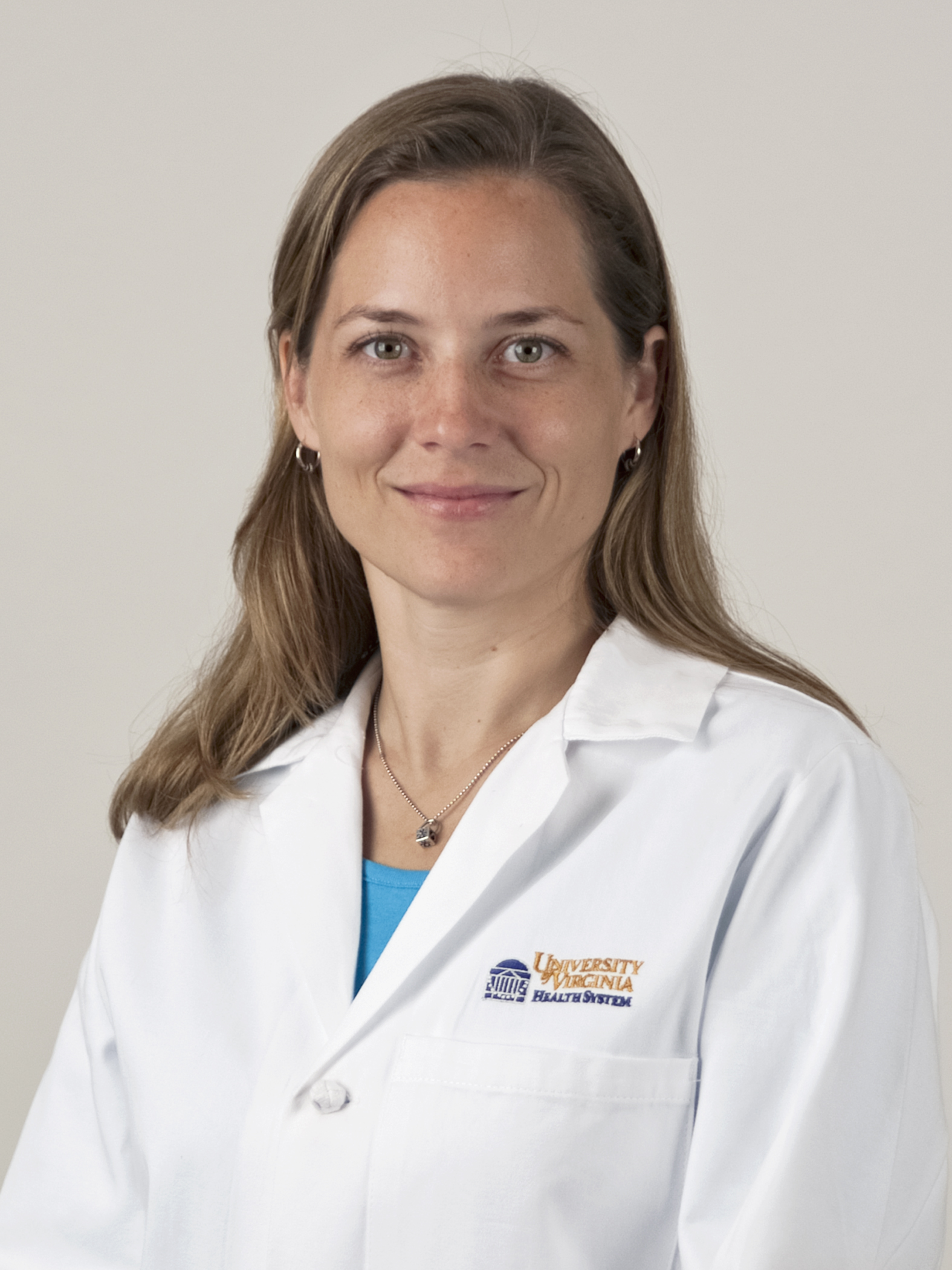
When Leora Yarboro, MD, completed her fellowship in cardiothoracic surgery at UVA, her work here wasn’t done. She chose to stay on at UVA, joining the Health System’s skilled team of cardiac surgeons. We spoke with Yarboro about the cardiac surgery program and her focus on heart failure surgeries.
How has the cardiac surgery program grown since you joined?
We now have a group of five cardiac surgeons. This growth has allowed us to do more in terms of case volume than ever before. There have also been significant technological advances in the field of cardiac surgery. This includes minimally invasive surgery as well as mechanical circulatory assist devices used in patients with advanced heart failure.
What advances are occurring in the treatment of heart failure?
UVA has been at the forefront of heart failure surgeries for many years. One of my main focuses since I joined the faculty is the use of the Left Ventricular Assist Device (LVAD), a type of mechanical circulatory support that is used as treatment for patients with advanced heart failure. The devices themselves are smaller and more durable than ever before. It is a really exciting field to be in because each year new developments are made that really improve the quality of life for patients who previously had very limited options.
How are VADs helping patients who receive them?
Within the past five to ten years, VADs have become small enough to allow patients to be discharged home with them, so they can return to their normal lives and go back to work. Certainly, they are still used as a bridge to transplant in those who are eligible for transplant, but many who have received VADs are in their 70s or a bit older, or are not eligible for transplant. We have a patient who has been living with a device for eight years without any difficulty.
We’ve begun to partner with smaller community hospitals across the state to make sure all physicians are aware of the devices and how to care for them. This will help ensure that patients living with these devices, sometimes for the rest of their lives, have the same level of support in their communities as they do here at UVA.
You’re entering what you’ve called the minimally invasive phase of your career. What does that mean exactly?
UVA has been at the forefront of developing minimally invasive techniques and continues to push the envelope in this area. A lot of surgeries that used to be done with a big incision down the chest are now being done with minimally invasive techniques, including different types of valve surgeries, bypass surgeries and stenting. As the technology improves and I gain more experience, I expect to be doing more and more minimally invasive procedures.
In fact, as VADs become smaller, that’s certainly something we can do with a minimally invasive technique. I completed specialized training in Germany recently with surgeons who are doing that. They have access to some of the smaller devices and have been inserting them with smaller incisions. I look forward to being able to do that here at UVA.
What do you find most rewarding about your work?
We’ve seen tremendous growth even within the past several months in terms of volume, and we have cases with a high level of complexity. It’s been really nice to be able to grow, take care of these patients and their needs, while maintaining a good sense of the future in terms of technological advancement. For patients and families, it can be a very scary time coming in with any type of heart disease. Having the tools to help them through those critical times has been most rewarding.
Learn more about how UVA cares for patients with heart failure.